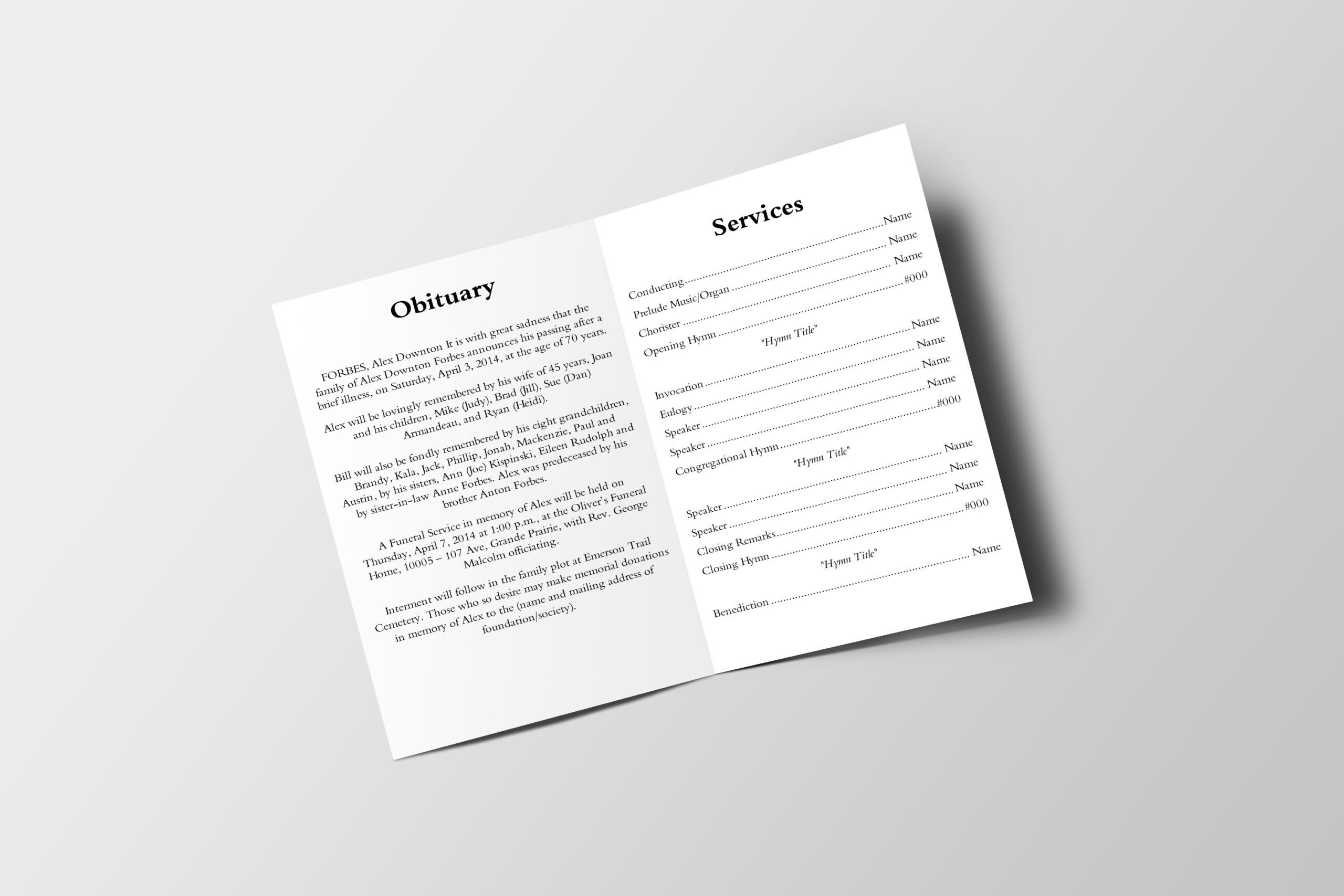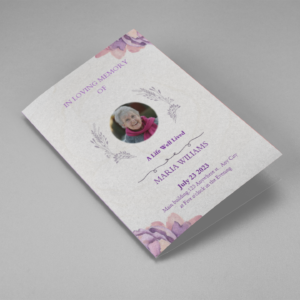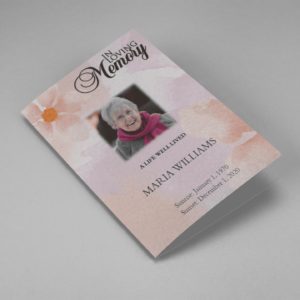Obituaries are a long-standing tradition that serves as a final tribute to a loved one who has passed away. In an era of digital communication, the question arises: Are Obituaries Still Necessary?
What is an Obituary?
An obituary is a written notice or announcement that details the life and death of an individual. Traditionally published in newspapers, obituaries provide information such as:
- The deceased’s name, age, and date of death.
- Key biographical details, including education, career, and achievements.
- Information about surviving family members.
- Details of the funeral or memorial service.
Today, obituaries are also commonly shared online, offering a broader reach and accessibility.
The Purpose of Obituaries
Announcing a Death
One of the primary purposes of an obituary is to announce a death to the community. This public notice allows friends, acquaintances, and extended family members to pay their respects or offer condolences.
Honoring a Life
Obituaries serve as a tribute to the deceased, highlighting their accomplishments, personality, and impact on others. They create a lasting memory for the family and provide a space to celebrate the individual’s life.
Providing Closure
For grieving families, writing an obituary can be a cathartic process. It offers a chance to reflect on shared experiences and ensures the deceased is remembered in a meaningful way.
Informing the Public
Obituaries often include details about funeral or memorial services, enabling people to participate in the final farewell.
Are Obituaries Still Necessary?
With changes in technology and social customs, some may question the necessity of obituaries. Here are arguments for and against their continued relevance.
Why Obituaries Are Still Relevant
Emotional Comfort
For families, creating an obituary is a way to process grief and share their loss with the community. It connects people in shared mourning, fostering a sense of support and togetherness.
Historical Record
Obituaries contribute to historical documentation. Future generations can trace family lineage and learn about ancestors through published obituaries.
Community Engagement
An obituary is a means of reaching out to a broader community, allowing old friends, colleagues, and neighbors to offer their condolences or attend services.
Accessibility of Digital Platforms
The shift to online obituaries has made them more accessible. Websites and social media allow for greater reach, even across continents, ensuring everyone connected to the deceased is informed.
Why Some May Find Obituaries Unnecessary
Cost Concerns
Publishing an obituary in a newspaper can be expensive, leading some families to forgo the tradition altogether.
Privacy Issues
Not all families are comfortable sharing personal details about their loved ones, especially in a world where information can be easily accessed online.
Alternative Communication Channels
Social media and messaging platforms provide a free and immediate way to notify others of a death, reducing the perceived need for traditional obituaries.
Alternatives to Traditional Obituaries
Online Memorials
Websites and platforms dedicated to memorializing loved ones offer an alternative. Families can create personalized pages with photos, videos, and messages.
Social Media Announcements
Platforms like Facebook or Instagram allow families to share news of a passing directly with their network.
Private Notifications
For those valuing privacy, direct communication through phone calls, texts, or emails is a preferred method.
How to Decide If an Obituary Is Necessary
Factors to Consider
Cultural and Religious Norms
In some cultures, obituaries are an integral part of funeral traditions, making them a necessary practice.
Family Preferences
It’s essential to discuss as a family whether an obituary aligns with your values and needs.
Budget
The cost of publishing an obituary should be factored into the decision-making process. Online options may provide a cost-effective alternative.
















